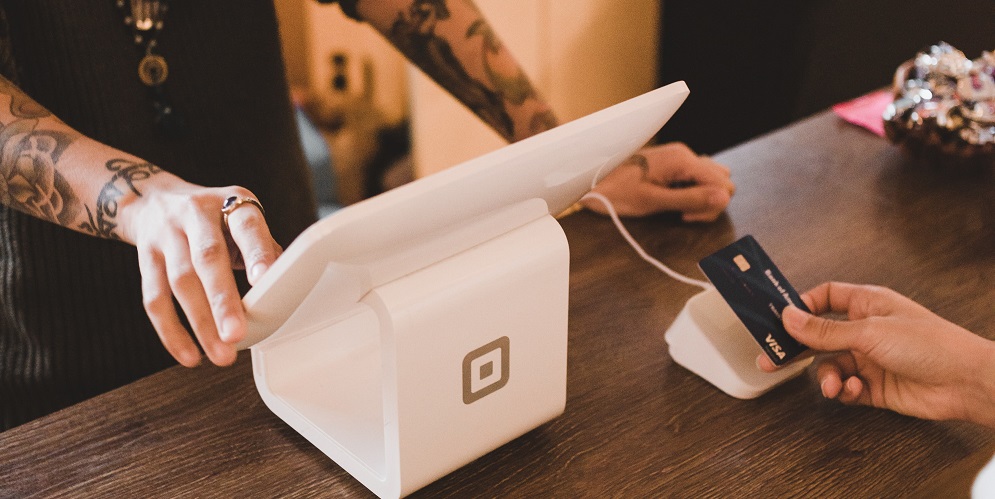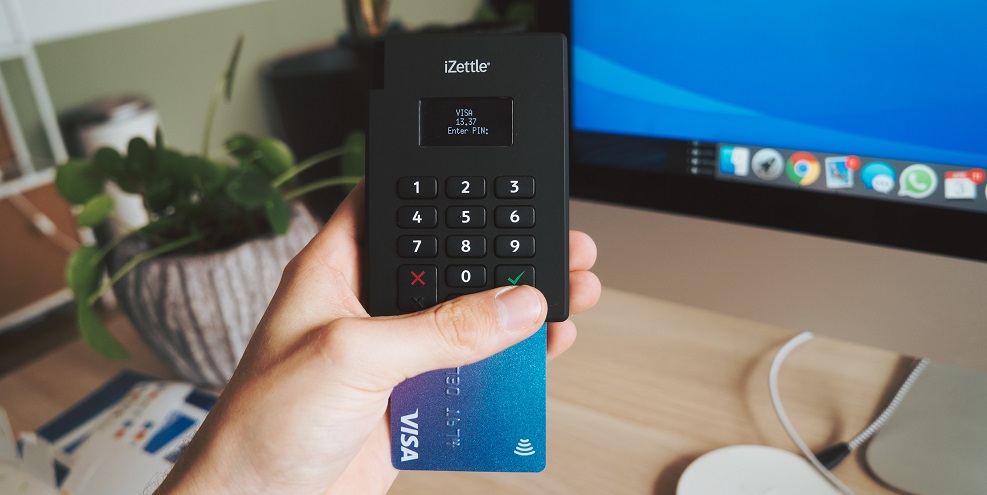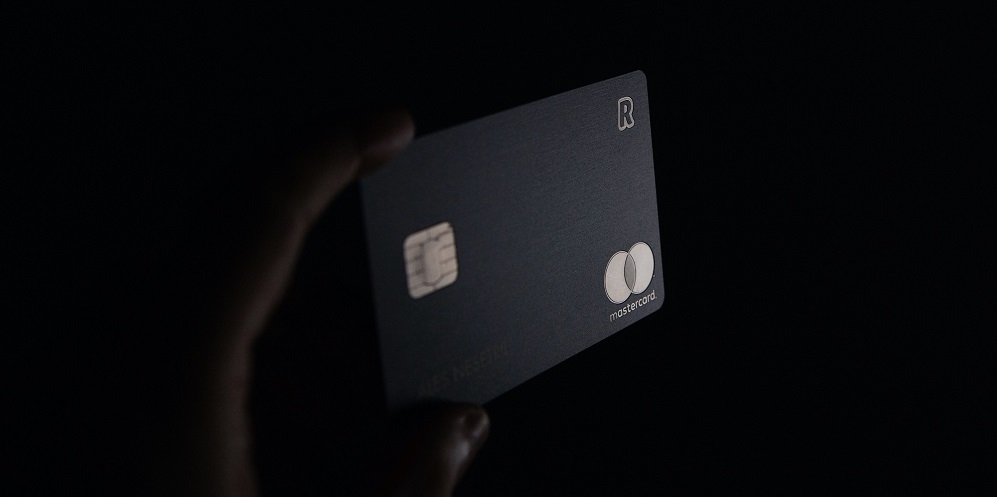6 of the Worst Credit Mistakes You Can Make

Most schools don't teach credit smarts. Unfortunately, that means it's easy to make mistakes that can tank your FICO score as soon as you get your first credit card. Lenders look at this number when you apply for a loan or credit card to help them determine the risk that you will default on the payments. Maintaining a healthy credit profile allows you to qualify for better interest rates on credit cards, auto loans and mortgages because you represent a lower lender risk. Keep your score high by protecting yourself from these six common credit pitfalls.
Making Late Payments
Your history of making payments on time (or not) makes up about 35% of your FICO score. Missing just one payment on a credit card or loan by 30 days or longer can drop your three-digit credit score by as much as 100 points if you otherwise have an excellent rating. The later the payment, the worse the damage to your credit. You'll also have to pay a late fee and might even be subject to an increased interest rate.

Closing Old Accounts
The length of your credit history plays a significant role in your credit score. When you get to be an old guy like me, having accounts open from decades ago positively benefits your credit profile. On the other hand, closing old accounts when you no longer use them effectively shortens your credit history, potentially dropping your FICO score.
[insert page='Offer' display='content']
Cosigning a Loan
When you cosign on someone else's loan, you're putting your own good credit on the line. If that person fails to pay, your credit will take a serious hit and you'll be on the hook for the remaining debt. Just say no when it comes to cosigning a loan even for a trusted friend or family member.

Carrying a Balance
The idea that you need a balance on your card to build credit is a common financial myth. In fact, failing to pay off your credit card in full each month can cost you thousands of dollars in interest. What's more, you'll have a high credit utilization ratio, which damages your FICO score because lenders consider you a high risk of default. About 30% of your score depends on your utilization ratio. Ideally, you should have a credit card balance of no more than 30% at any given time.
By the same token, don't charge big purchases you can't pay off just for the rewards. You'll end up paying more than interest than you get in cash back from the rewards program. Retail store cards tend to be a bad choice because of their limited utility and high interest rates.

Failing To Check Your Credit Report
Knowing your credit score, even if you suspect it's not great, is the first step to a better financial future. You should review your full credit report annually and report any errors that could be lowering your score. This step also helps protect you from costly identity theft.
You can visit annualcreditreport.com once a year to get your report from each of the three credit bureaus (Experian, TransUnion and Equifax). Avoid other "free" credit report sites, which usually require you to sign up for a subscription you don't need.

Sticking to One Type of Account
Diversifying your credit profile helps boost your FICO score. Lenders like to see a healthy mix of different types of secured and unsecured debt, such as credit cards, personal loans, mortgages, auto loans and student loans. About 10% of your credit score depends on the diversity of your credit history.
Be patient when building your credit score. As long as you avoid these six serious credit mistakes, you'll see your score rise slowly over time as you continue to make smart financial choices.

